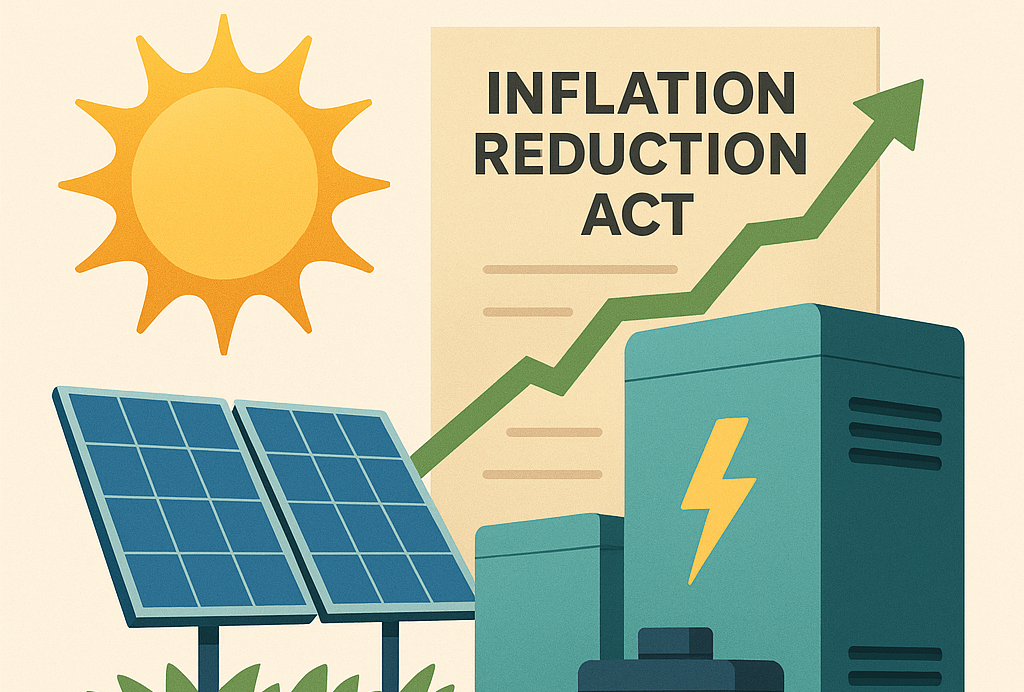In the ever-evolving landscape of telecommunications, energy management has emerged as a critical factor. With technological advancements and the escalating demand for reliable communication services, telecom networks are increasingly grappling with energy challenges. In this context, Energy Storage Systems (ESS) play a pivotal role. These systems are not just effective tools for reducing energy costs but also enhance the stability and efficiency of telecom networks. This article delves into the various applications of energy storage systems within telecom networks and examines how they assist operators in significantly reducing energy costs.
Backup Power and Grid Stability
- How it Works: Energy storage systems, particularly battery energy storage systems (BESS), provide a reliable backup power source during power outages.
- Benefits: These systems ensure uninterrupted operation of telecom towers during grid disturbances like blackouts, maintaining essential network connectivity. They also contribute to grid stability by absorbing excess energy when supply exceeds demand and releasing energy when demand exceeds supply.
- Impact: This capacity to balance the grid results in more consistent and reliable communication services, a crucial aspect for telecom operators.
Peak Shaving
- How it Works: Energy storage systems are used for peak shaving by storing energy during low-demand periods and releasing it during peak demand times.
- Benefits: This strategy reduces the maximum power demand from the electric grid, which can significantly lower demand charges on electricity bills.
- Impact: By using stored energy during peak times, telecom networks can operate more cost-effectively, avoiding the higher costs associated with grid-supplied power during these periods.
Renewable Energy Integration
- How it Works: Energy storage systems can be paired with renewable energy sources like solar panels.
- Benefits: They store excess energy generated during high production times and make it available during periods of low production or high demand.
- Impact: This integration enhances the viability of renewable energy in telecom operations, providing a more sustainable and potentially cost-effective energy solution.
Improved Efficiency and Reliability
- How it Works: Lithium-ion batteries, a common type of energy storage system, offer high efficiency and reliability.
- Benefits: They have higher power densities, longer lifespans, faster recharge times, and a lower Total Cost of Ownership (TCO) compared to traditional batteries.
- Impact: The superior performance and reliability of lithium-ion batteries make them ideal for ensuring the continuous operation of telecom networks.
Distributed Generation
- How it Works: This approach involves generating electricity on-site, rather than relying solely on the central power grid.
- Benefits: It allows network owners to avoid high retail electricity rates and provides a buffer against grid unreliability.
- Impact: By using distributed generation, telecom operators can reduce their overall energy costs and enhance the resilience of their operations.
Monetizing Idle Assets
- How it Works: Telecom operators can activate previously idle assets and utilize energy storage to participate in flexibility markets.
- Benefits: This approach can generate new revenue streams.
- Impact: By offering services like demand response, where stored energy is sold back to the grid during peak periods, telecom operators can monetize their energy assets, creating a new financial avenue while contributing to grid stability.
In summary, energy storage systems are not just efficiency-enhancing tools for modern telecom networks, but they are also vital for ensuring uninterrupted operations. Particularly in the realm of cutting-edge technology like lithium-ion batteries, Lithium Valley stands out for its application in telecom network energy storage scenarios.
Lithium Valley is dedicated to providing efficient and reliable energy storage solutions for the telecom industry. Their high-performance lithium-ion battery systems ensure continuous operation of telecom towers while offering significant energy cost savings for operators. Embracing Lithium Valley’s advanced technology enables telecom networks to better integrate renewable energy, improve energy utilization efficiency, and unlock new revenue streams. Opting for Lithium Valley signifies choosing a more sustainable and economical future for telecom network energy management. This strategic approach not only enhances operational reliability but also positions telecom operators at the forefront of sustainable and cost-effective energy practices, a key factor for ranking higher in today’s competitive and environmentally conscious market.


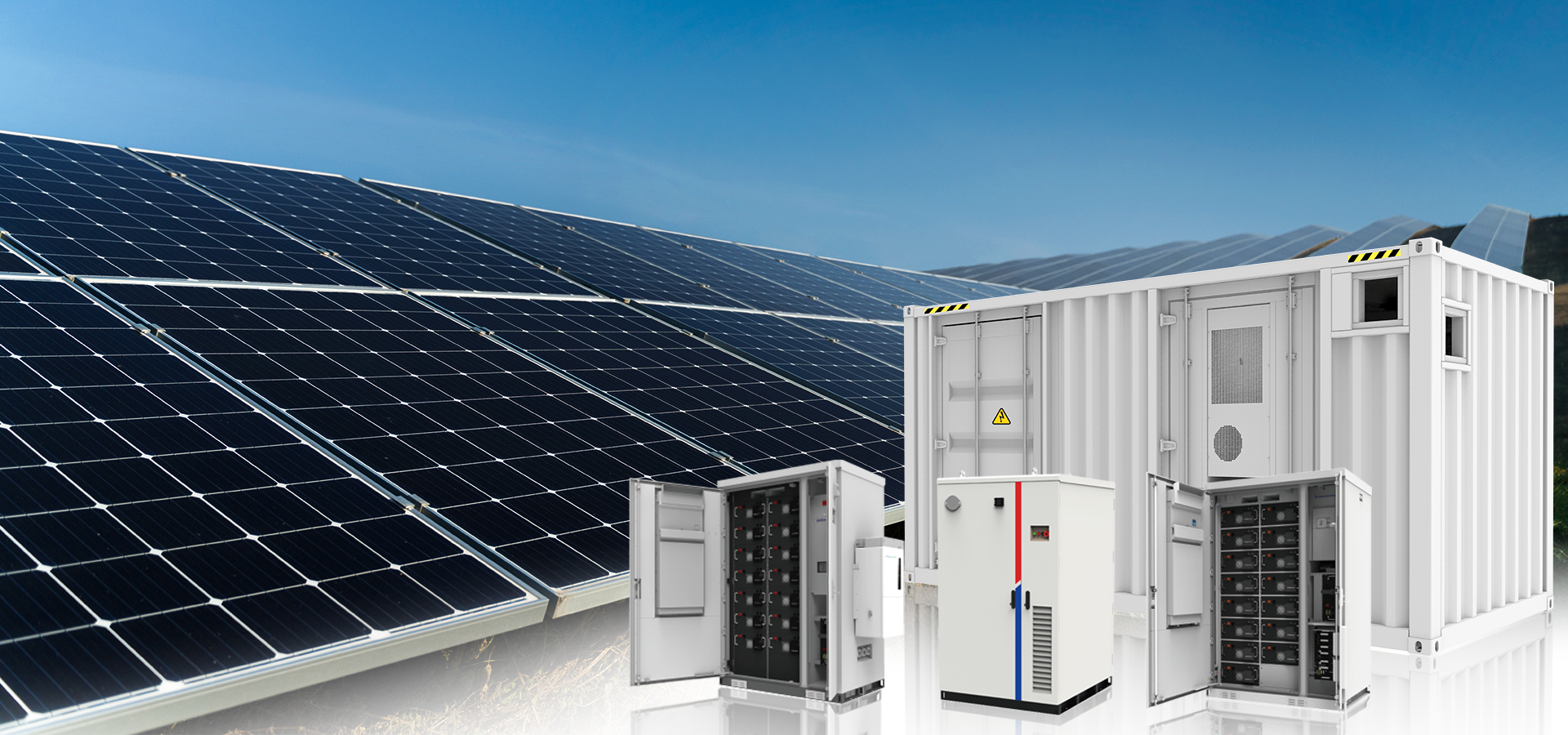



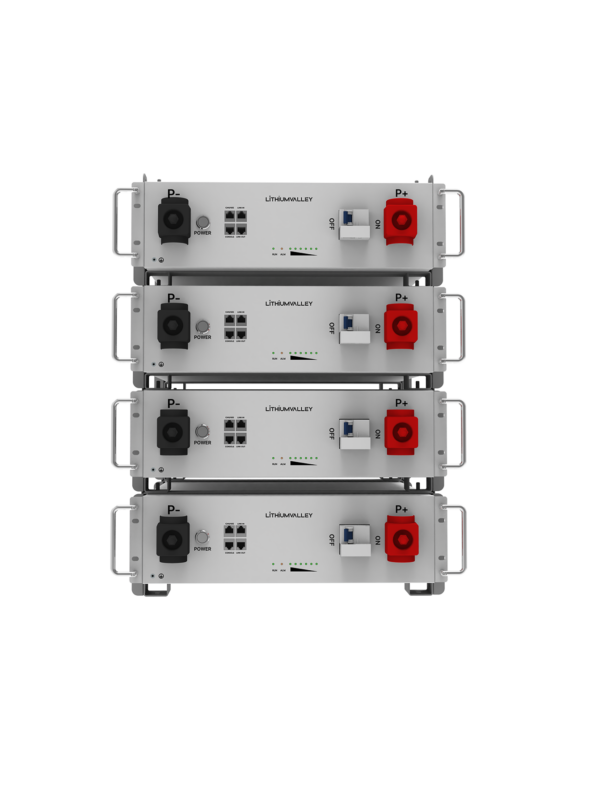





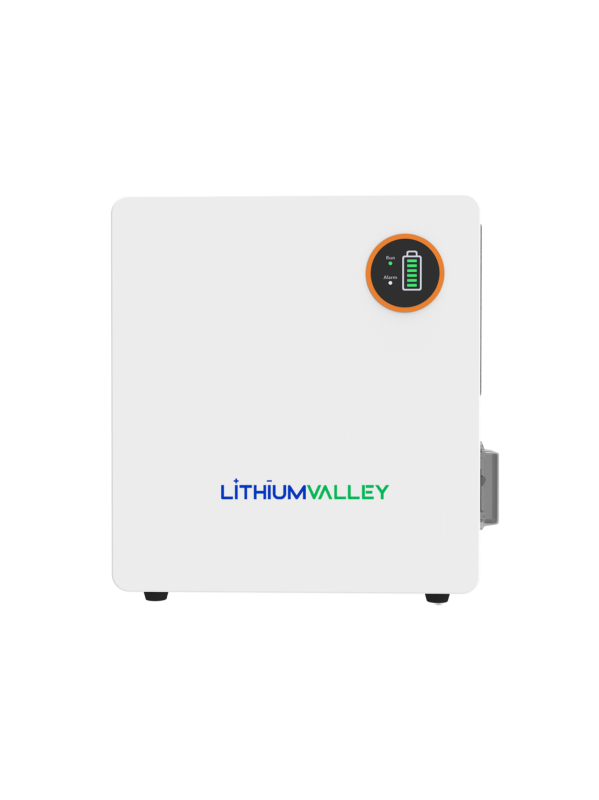


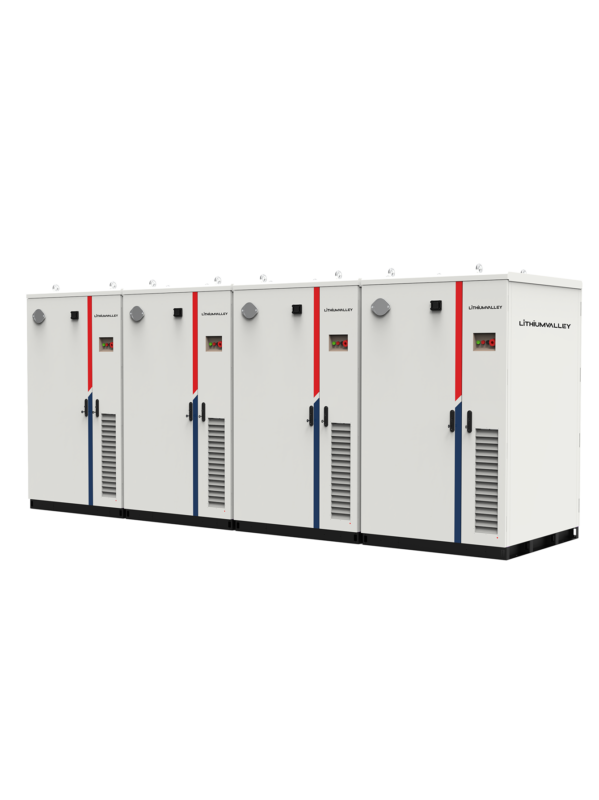
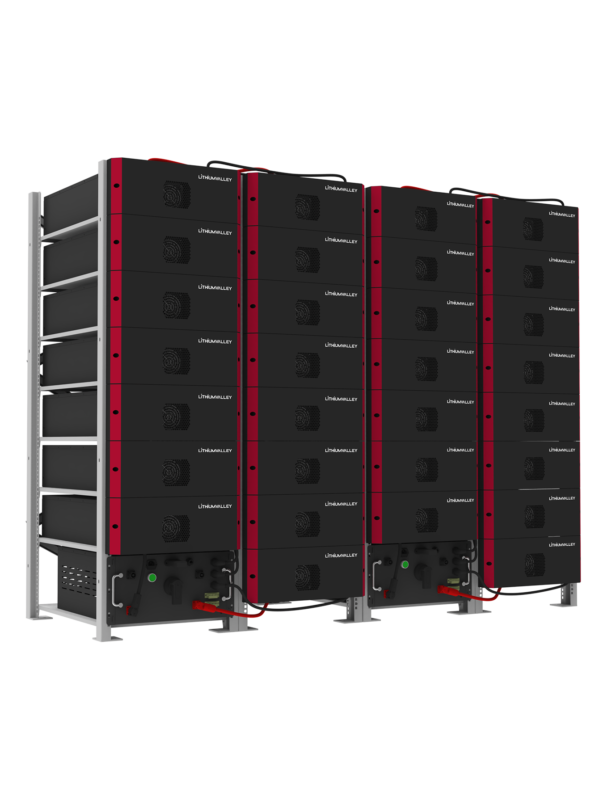
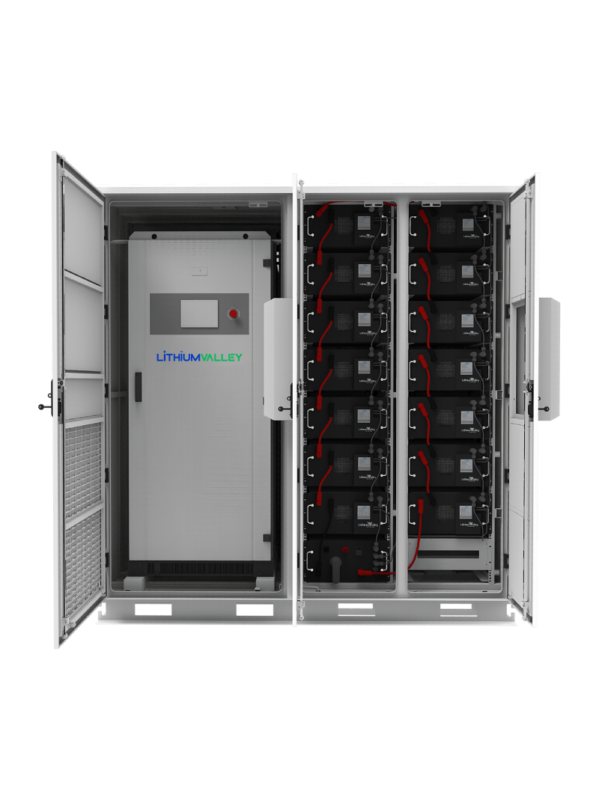
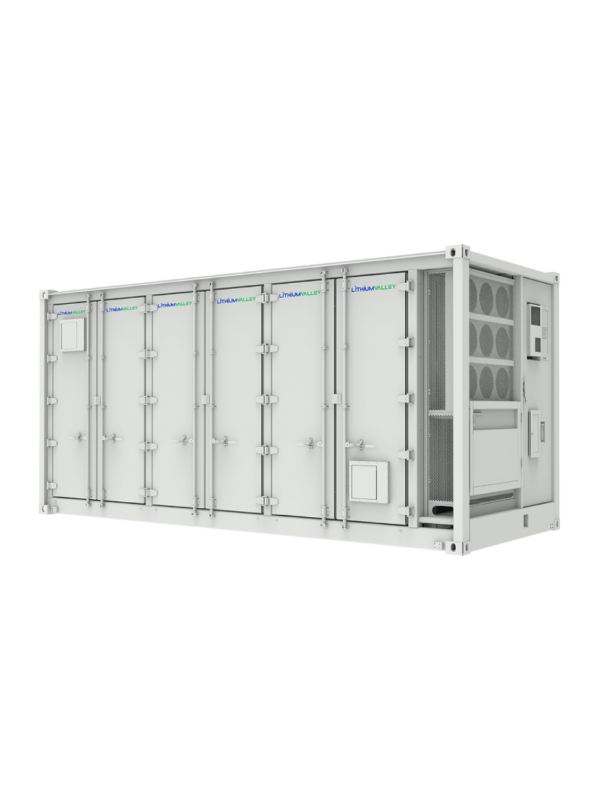

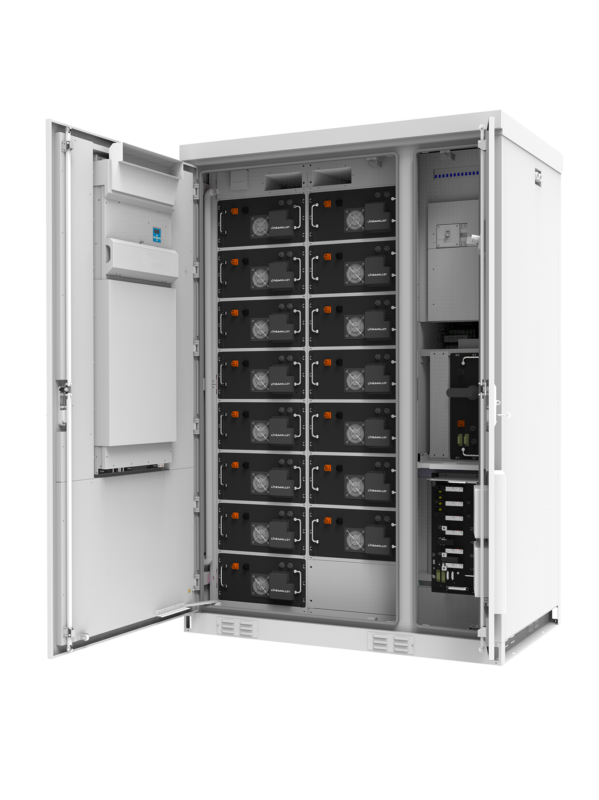
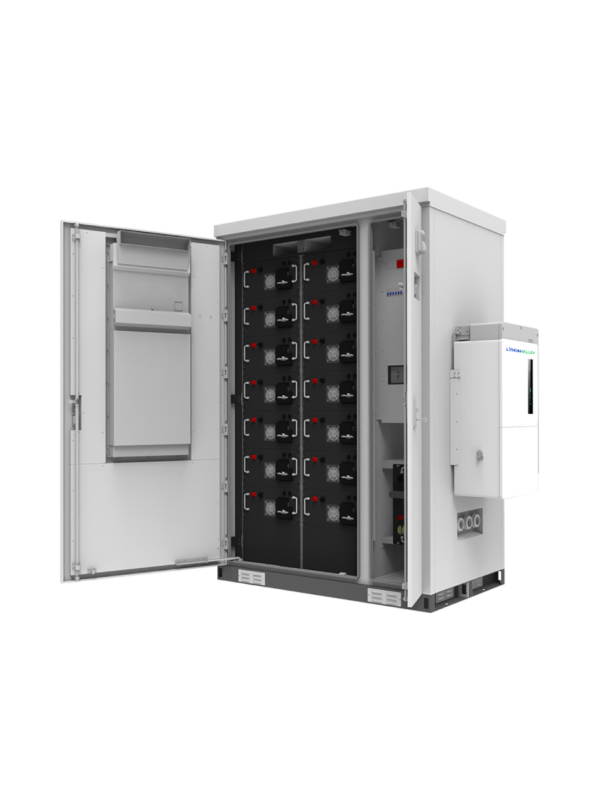

.png)
.png)
.png)
.png)





